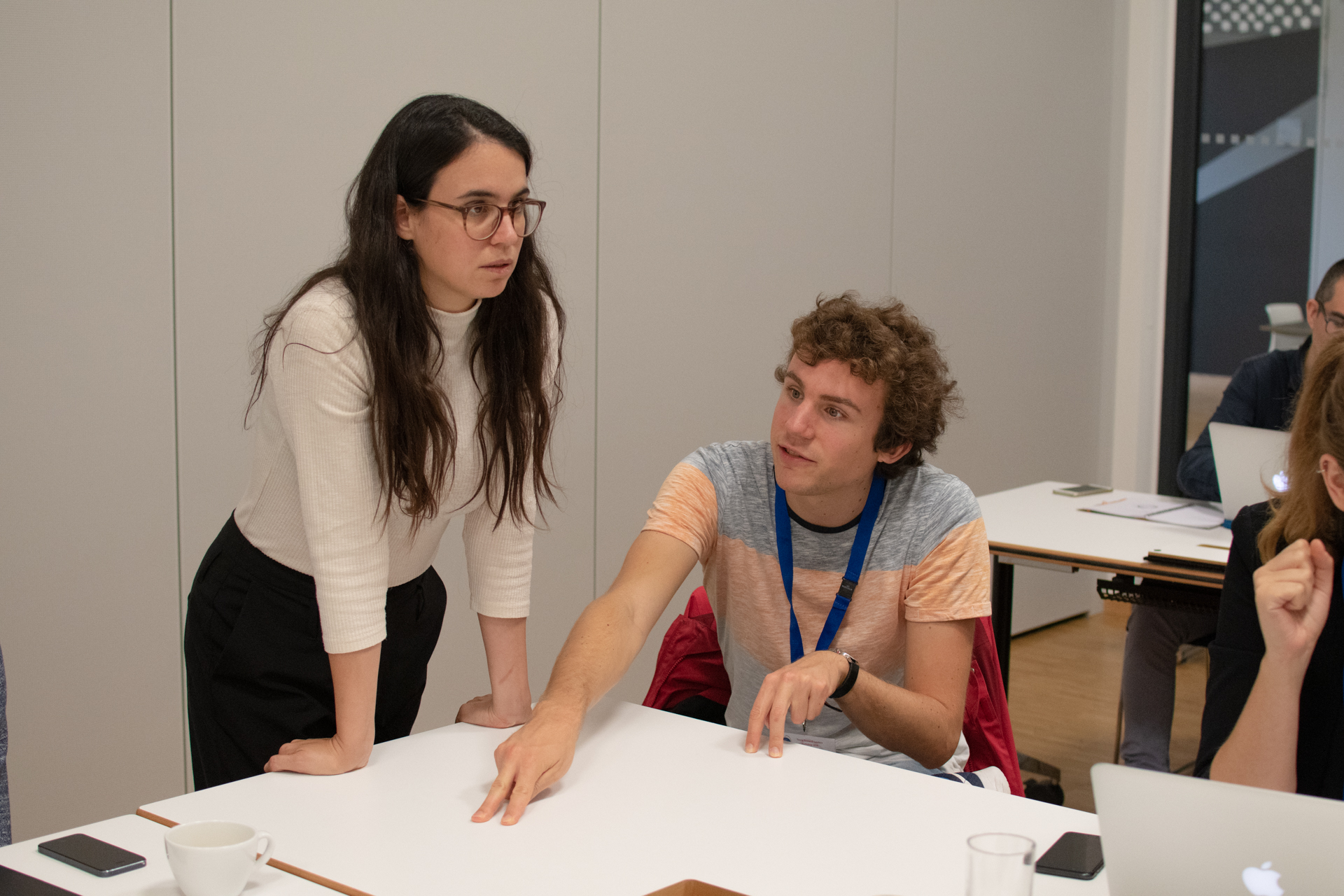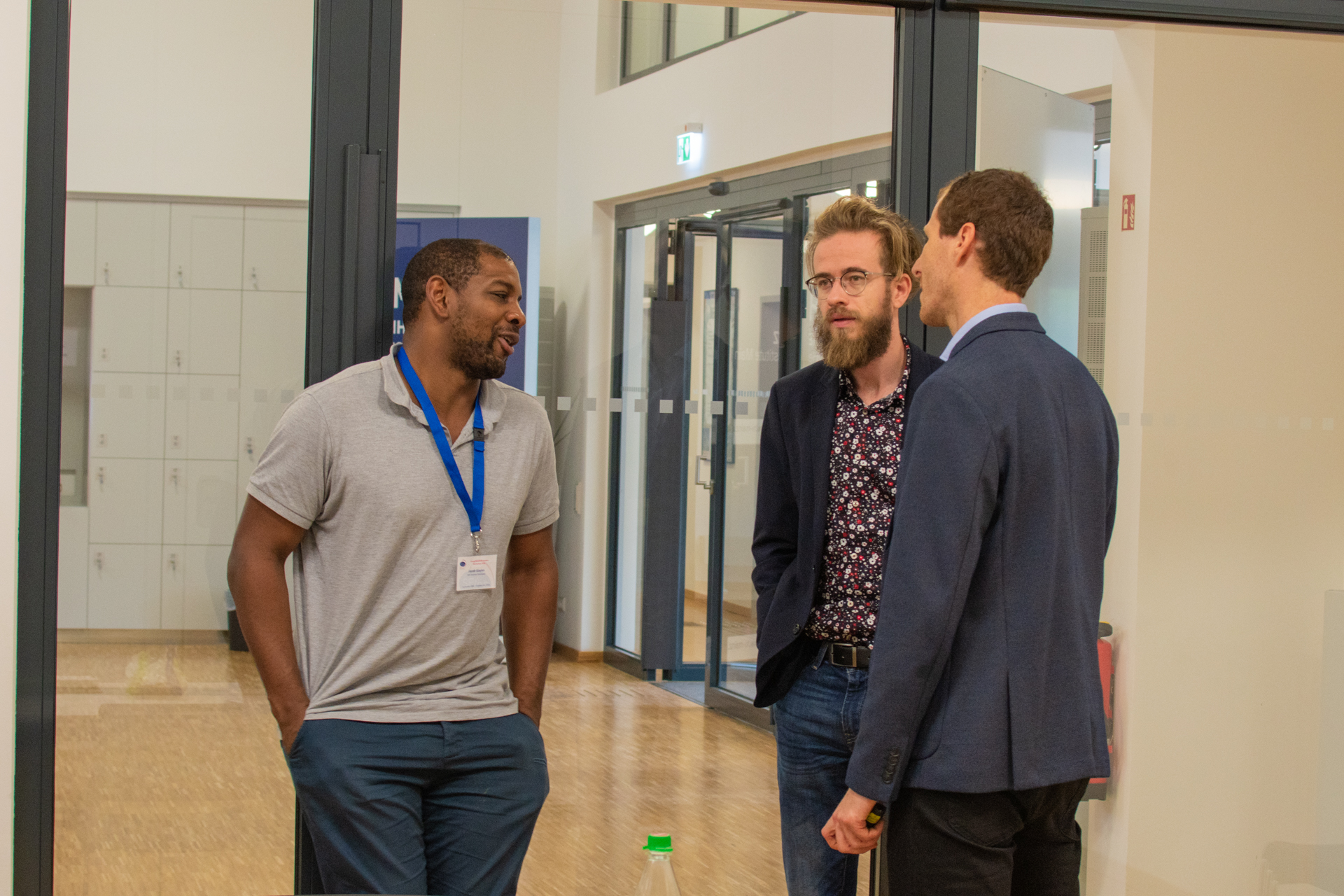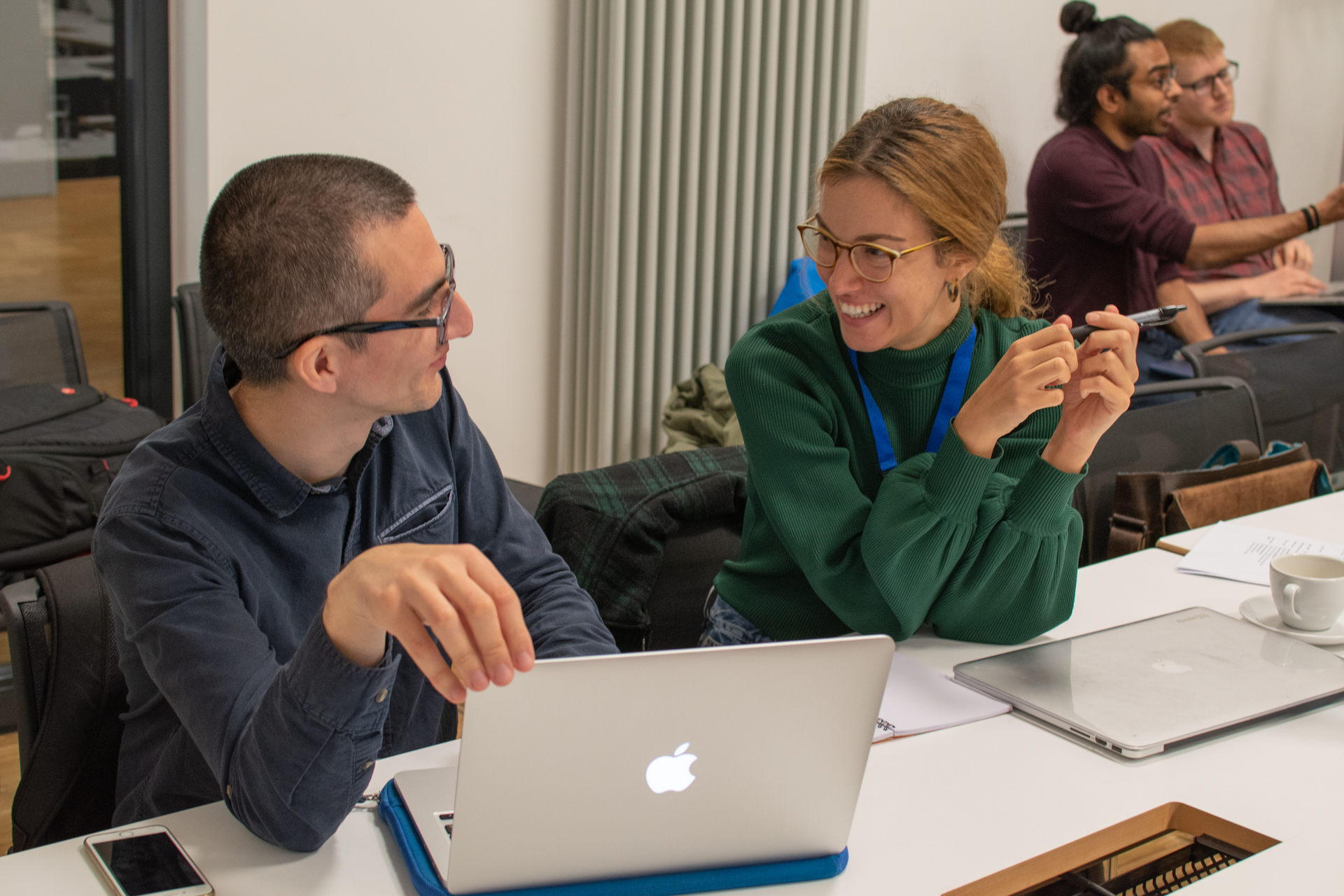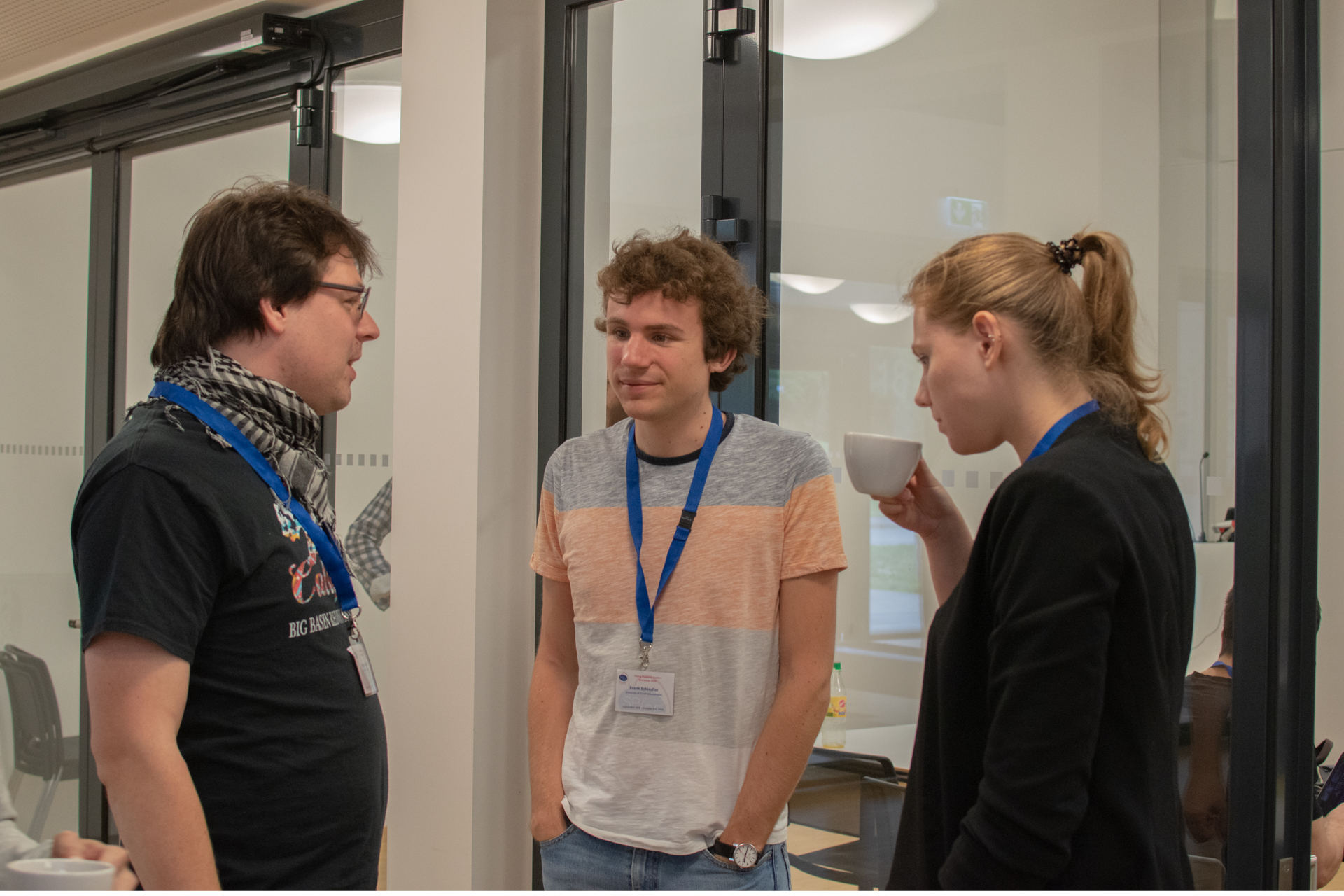Topomagnetism Is Coming: Relativity and Correlations in Topological Magnets
Mainz, Germany: September 30th - October 3rd 2019
Remarkable advances in strongly correlated and relativistic condensed matter physics have been made over the past decade by these largely non-interacting communities. Interestingly, their attention recently focused on the same grand challenges such as room-temperature quantum chiral edge modes, topological superconductivity, or topological computation.
The research of nonmagnetic materials culminated in predicting that approximately one third of them exhibit topological electronic structure. In contrast, the investigation of topological magnets is progressing at much slower pace albeit time-reversal symmetry broken topological phases demand magnetic order. For a long time, low-dimensional topological systems were anticipated to be naturally incompatible with robust magnetism. However, recent theoretical and experimental efforts have revealed low-dimensional as well as 3D topological insulators and Weyl semimetal magnets. The relativistic phenomena, e.g. the spin Hall, quantum spin Hall, or magnetic spin-Hall effect, were originally predicted within the single-particle picture. However, realistic predictions of magnetic materials, requires inclusion of the electronic correlations. Conversely, the correct description of strongly correlated magnets with high atomic numbers needs to include spin-orbit coupling phenomena.
In this SPICE Young Research Leaders Workshop, we bring together complementary fields to address the grand challenges requiring the interplay of strongly correlated and relativistic physics. These include i) developments in symmetry classification and indicators of topological and correlated matter, ii) generalized topological matter, such as magnetic, higher-order or correlated topological systems, iii) exotic magnetic orders, iv) numerical electronic structure techniques, and v) experimental methods of growth and characterization of topological structures and low-dimensional magnets. The aim of the meeting is to germinate unanticipated strategies for solving the grand challenges in magnetic correlated and relativistic condensed matter physics, speeding–up identification of realistic material candidates, and foresee next-generation nanoelectronic applications.
Organizers
Ricardo Zarzuela, Johannes Gutenberg University Mainz (JGU)
Libor Šmejkal, Johannes Gutenberg University Mainz (JGU)
Co-Organizer:
Jairo Sinova, Johannes Gutenberg University Mainz (JGU)
Participants
Mazhar N. Ali, MPI Halle
Marta Brzezińska, University of Zürich
Tomas Bzdušek, Stanford University
Sebastián Díaz, University of Basel
Jacob Gayles, MPI Dresden
Kevin Geishendorf, Leibniz Institute Dresden
Daniel Gosalbez-Martinez, EPFL Lausanne
Romain Lebrun, JGU Mainz
Alexander Mook, MPI Halle
Paolo Perna, IMDEA Nanoscience
Christina Psaroudaki, University of Basel
Raquel Queiroz, Weizmann Institute of Science
Frank Schindler, University of Zürich
Phoebe M. Tengdin, EPFL
Haruki Watanabe, The University of Tokyo
Hikaru Watanabe, Kyoto University
Maik Wagner-Reetz, Fraunhofer Institute for Photonic Microsystems IPMS
Kei Yamomoto, Japan Atomic Energy Agency





